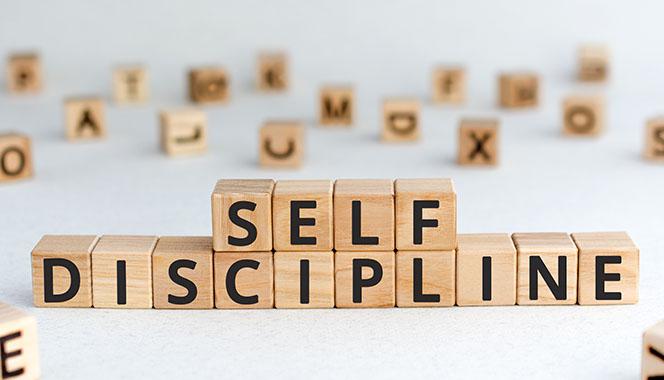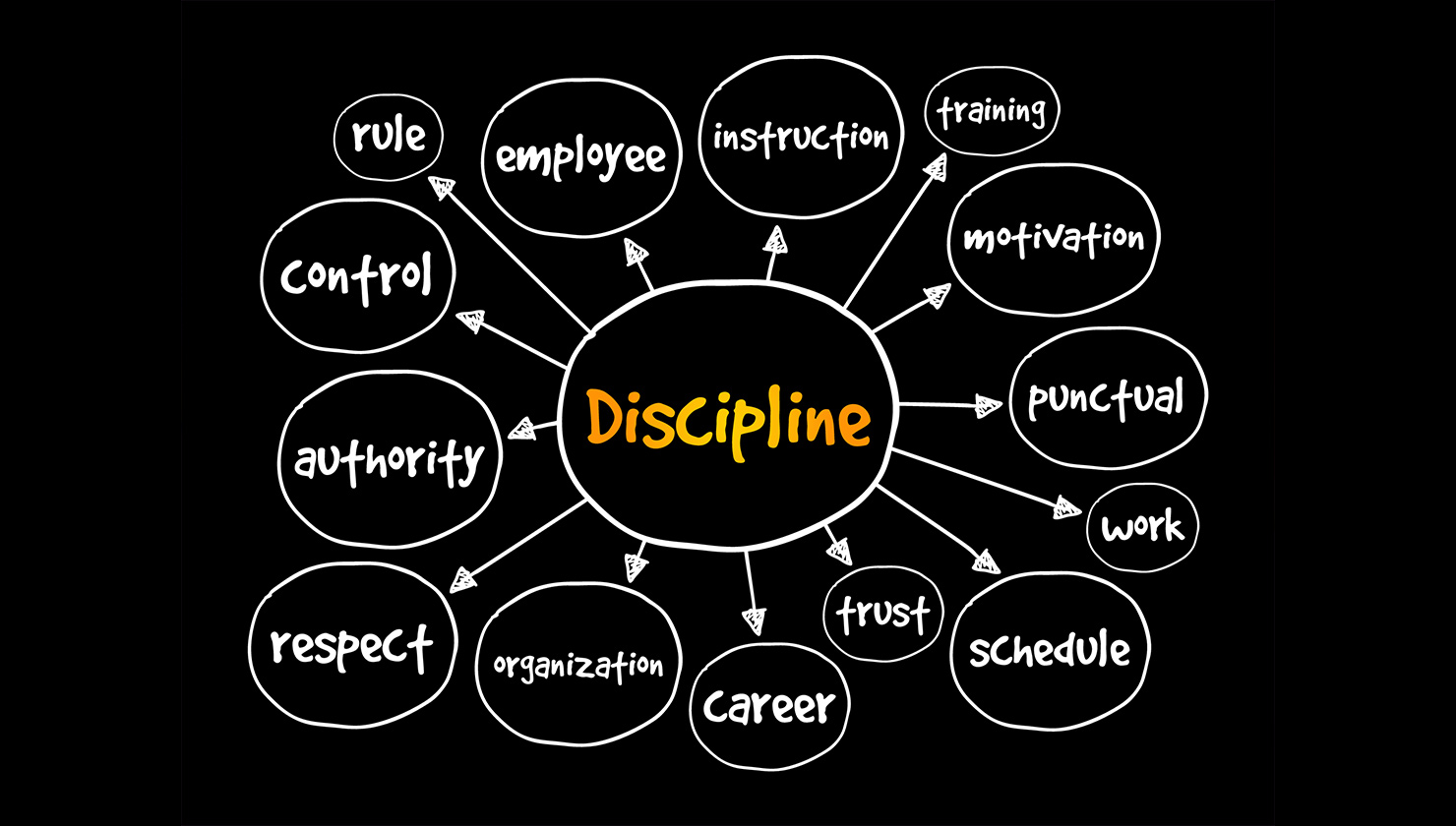The Path to Personal Freedom: Embracing Self-Discipline
In a world where distractions abound and instant gratification is the norm, cultivating self-discipline has become a rare and invaluable skill.

Self-discipline is the cornerstone of personal growth and achievement, enabling individuals to focus on long-term goals, resist temptation, and maintain a balanced and fulfilling life. In this blog, we explore the significance of self-discipline, its benefits, and practical strategies to embrace it as a guiding force in our lives.

Understanding Self-Discipline
Self-discipline is the ability to control one's thoughts, emotions, and actions with the aim of achieving specific objectives. It involves making choices that align with our long-term aspirations, even if they require short-term sacrifices or efforts. Embracing self-discipline means taking responsibility for our actions, practicing restraint, and persisting through challenges to reach our full potential.
The Benefits of Self-Discipline
-
1.Achievement of Goals: Self-disciplined individuals are more likely to set clear goals and work consistently towards achieving them. They break tasks into manageable steps, stay focused, and are less likely to be swayed by distractions.
- 2.Enhanced Productivity: By prioritizing important tasks and avoiding procrastination, self-disciplined individuals make the most of their time. This heightened productivity allows for a better work-life balance and a reduced sense of stress.
-
3.Improved Health and Well-being: Self-discipline extends beyond work-related pursuits; it also applies to one's lifestyle choices. Individuals who exercise self-discipline are more likely to maintain healthy habits, such as regular exercise, balanced nutrition, and sufficient rest.
-
4.Resilience in the Face of Adversity: Life is full of challenges and setbacks. Self-disciplined individuals develop a strong sense of resilience and are better equipped to navigate through difficult times with determination and grace.
-
5.Stronger Relationships: Self-discipline fosters better communication and emotional regulation. By practicing self-control, individuals can avoid impulsive behaviors that may harm their relationships with others.

Strategies to Embrace Self-Discipline
-
1.Define Clear Goals: Begin by identifying your long-term objectives and breaking them down into smaller, achievable milestones. Having a clear vision will provide motivation and direction for your actions.
-
2.Create a Routine: Establish a daily routine that includes dedicated time for work, personal development, relaxation, and social interactions. Following a routine helps build consistency and minimizes distractions.
-
3.Develop Healthy Habits: Incorporate positive habits into your routine, such as regular exercise, meditation, or journaling. These practices not only improve your well-being but also instill discipline in your daily life.
-
4.Practice Mindfulness: Being aware of your thoughts and emotions enables you to respond consciously rather than react impulsively. Mindfulness helps you make better decisions aligned with your long-term goals.
-
5.Set Boundaries: Learn to say no to distractions and commitments that do not align with your priorities. Establishing boundaries protects your time and energy for tasks that truly matter.
-
6.Stay Accountable: Share your goals with a friend, family member, or mentor who can hold you accountable. Regular check-ins and progress updates will help you stay on track.
-
7.Embrace Failure as a Learning Opportunity: Understand that setbacks are a natural part of the journey. Instead of being disheartened by failure, use it as a chance to learn, adapt, and grow stronger.

 Fine End
Fine End 











